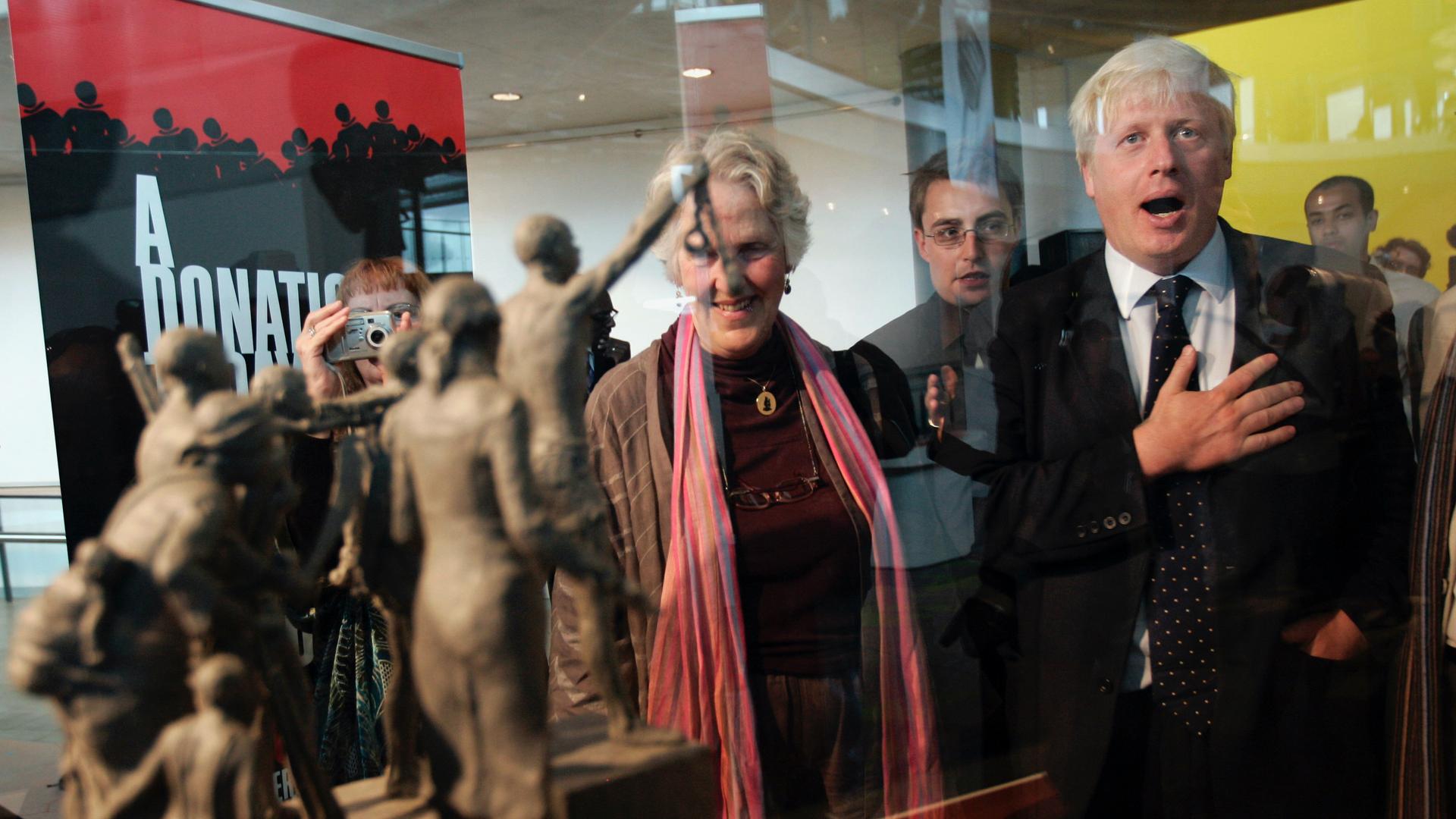On Monday, the British insurance giant Lloyd’s of London posted an unusual job listing on its website.
Lloyd’s, which originated in 1688, wants to hire an archivist to examine its collection of 3,000 insurance relics — including paperwork, furnishings, swords and silverware — to suss out their connections to the trans-Atlantic slave trade.
The archivist’s mission will be “to ascertain what artifacts and objects link to African and Caribbean history (specifically slavery and abolition),” the job posting says.
Related: A professor with Ghanaian roots unearths a slave castle’s history — and her own
Professor Katie Donington of London South Bank University studies the cultural, commercial, political and familial world of those who enslaved Africans in both Jamaica and Britain.
Lloyd’s, she said, has a history intimately connected to British Caribbean slavery. The company provided securities for investors involved in the slave trade.
“It formed at a time where Britain was one of, if not the leading slave-trading nation,” she said.
Lloyd’s apologized in June 2020 for its role in the trans-Atlantic slave trade and pledged to pay reparations to representatives of the Black community. The company was pressured to reexamine its history by Black Lives Matter activists following protests and the killing of George Floyd in Minneapolis, Minnesota, in the United States.
Related: Slavers in the family: What a castle in Accra reveals about Ghana’s history
“We are sorry for the role played by the Lloyd’s market in the 18th- and 19th-century slave trade. This was an appalling and shameful period of English history, as well as our own, and we condemn the indefensible wrongdoing that occurred during this period,” a spokesman said at the time.
Britain abolished slavery in the 1800s in a drawn-out, winding process that took decades to take effect.
A recent report by Historic England audited everything from churches, houses and pubs and revealed much stronger connections to the slave trade than many in Britain would like to admit.
But right-wing politicians and media pundits claimed the report was “putting down Britain’s past” as opposed to celebrating “shared heritage.”
Related: Resistance and collaboration: Asameni and the keys to Christiansborg Castle in Accra
Donington said Lloyd’s efforts to examine the collection’s ties to slavery are part of repairing the historical narrative and engaging in a more honest conversation about Britain’s history.
“For a very long time, Britain has not spoken or engaged with its history of profit and participation. It’s been very, very forthcoming in terms of representing its history of abolitionism, but that much more complex and extended history of profit and participation has been to some degree been a much more uncomfortable conversation to have.”
Donington said that any conversation on a nation’s involvement in the slave trade needs to be underpinned by evidence-based research.
That’s why the work of archivists and other researchers is so important, she said: “We need to talk precisely about who was involved and in what ways they were involved and to what degree they profited from the system.”
Our coverage reaches millions each week, but only a small fraction of listeners contribute to sustain our program. We still need 224 more people to donate $100 or $10/monthly to unlock our $67,000 match. Will you help us get there today?
